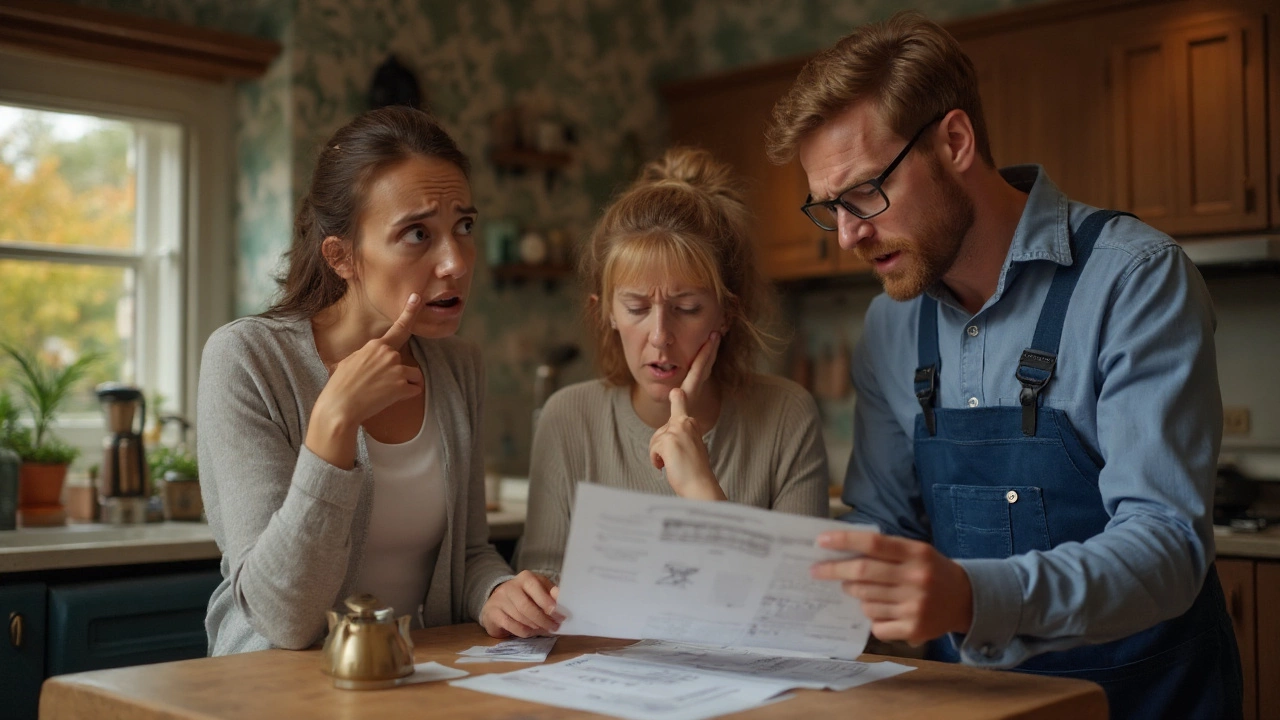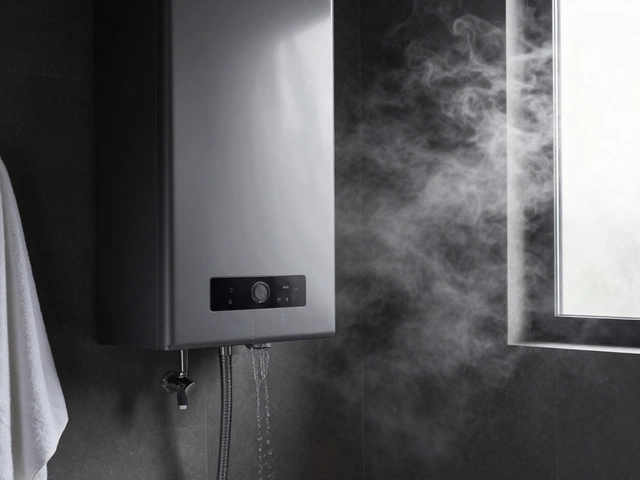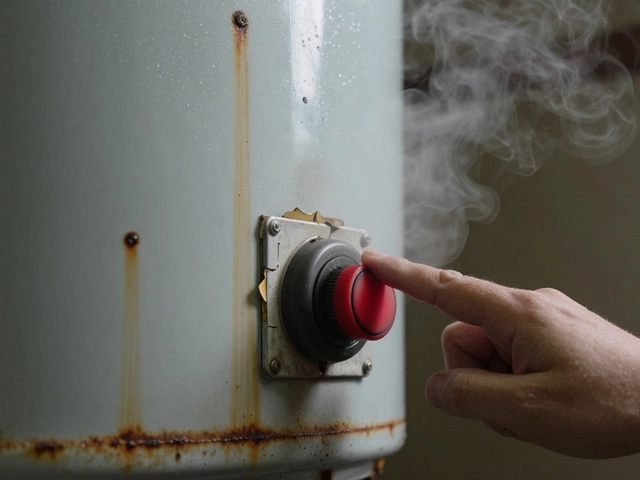New Boiler Install: Your Easy Guide to a Smooth Heating Upgrade
Thinking about swapping your old boiler for a brand‑new one? You’re not alone – a lot of homeowners are looking to boost comfort, cut bills, and stay on the right side of the law. The good news is a new boiler install isn’t as scary as it sounds. With a clear plan and the right help, you can get warm rooms fast and avoid surprise costs.
Planning Your New Boiler Install
First off, know what you need. Is your house a small flat or a big family home? Do you want a combi boiler that gives hot water on demand, or a system boiler that works with a hot‑water cylinder? Write down the size of your property, the number of bathrooms, and how many radiators you have. This info helps the installer size the boiler correctly – an undersized unit will struggle, an oversized one wastes fuel.
Next, set a budget. In 2025 the average price for a new boiler (including parts and labour) sits between £2,500 and £4,500. Your final bill depends on the brand, fuel type (gas, oil, electric), and any extra work like new pipework or a new flue. Ask for a written quote that breaks down the cost of the boiler, labour, disposal of the old unit, and any additional parts.
Don’t forget the paperwork. A new boiler install must meet Building Regulations and, in many areas, requires a Building Control sign‑off. The installer should handle the paperwork, but you’ll need to keep the certificates for future resale or insurance.
Choosing the Right Installer & Staying Legal
Not every tradesperson can fit a boiler. Look for a Gas Safe registered engineer (or an equivalent certification for oil/electric). A quick online check or a phone call to the Gas Safe Register can confirm the licence is current. Ask for references or read reviews – a solid reputation usually means the job will be done right the first time.
When you get quotes, compare more than the price. Does the quote include a full system check, a safety test, and a warranty? A reputable installer will offer a one‑year guarantee on workmanship and a manufacturer’s warranty on the boiler itself. If a quote seems suspiciously low, it probably is – you might end up with cheap parts or a DIY install that voids the warranty.
During the install, the engineer will turn off the gas or electricity, disconnect the old boiler, and fit the new unit. They’ll check pipework, test the flue, and run a full system pressure test. After everything’s hooked up, they’ll fire up the boiler, check for leaks, and calibrate the controls. The final step is a Building Control sign‑off and a safety certificate that you should keep in a safe place.
After the install, keep the boiler serviced every year. A regular service catches wear early, keeps efficiency high, and extends the lifespan – most boilers last 10‑15 years with proper care.
Bottom line: a new boiler install is a solid investment when you plan ahead, pick a qualified installer, and stay on top of regulations. Follow these steps, and you’ll enjoy reliable heat, lower bills, and peace of mind for years to come.
Why Boiler Replacement Costs Are So High: Breaking Down the Price of a New Home Boiler
- Alden Wilder
- Aug 6 2025
- 0 Comments
Wondering why replacing your boiler costs a small fortune? Get the details on boiler replacement costs, what drives prices up, and expert tips to save.
View More

